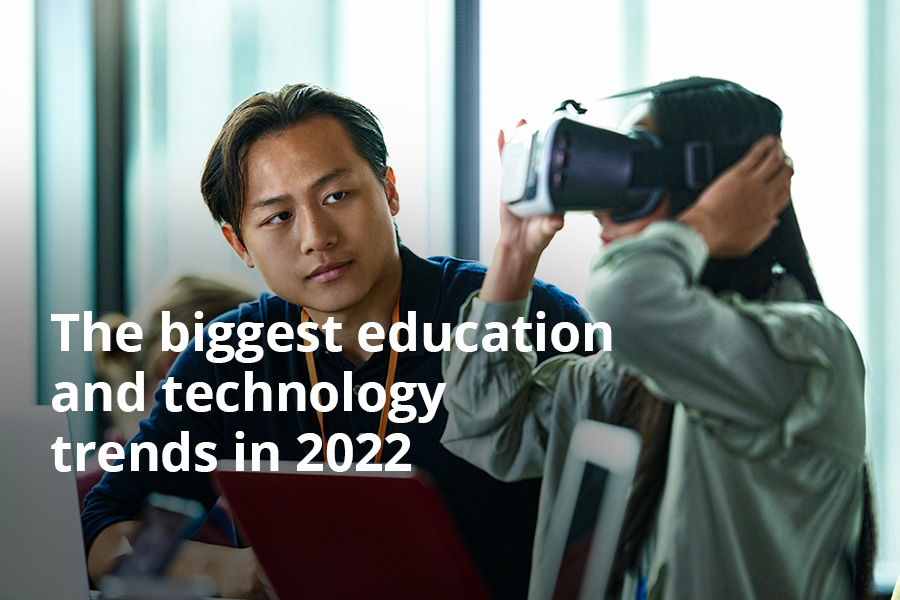Since the beginning of the global pandemic the pace of digital transformation in the education sector has accelerated immeasurably. No matter what age you are every stage of education from primary school to university has undergone a shift towards online deliver platforms. Furthermore, the changing requirements of workplaces have prompted a dramatic change in the relationship between adult learners and institutes such as colleges and universities.
The value of the education technology (EdTech) sector is forecast to grow to $680 million by 2027. Most of this will be due to mobile technology, cloud services and virtual reality creating new possibilities for accessible, immersive learning. Here’s a look at some of the most important tech trends affecting education over the next 12 months:
Remote learning
As with everything in the working world, the global pandemic forced education to go remote. The marketing for online learning services and e-learning is forecast to grow by 15% annually between 2022 and 2025, reaching a value of £50 billion. Online learning provides school age student the possibility of learning subjects and skills that are not taught locally, while for those in higher education, the benefits will include allowing the individual to fit learning around their daily life.
Immersive learning technology – AR and VR
Virtual reality (VR), augmented reality (AR) and mixed reality (MR) promises to create more immersive and engaging learning opportunities which is essential given that we are in an area when its said that attention spans are dropping, and we’re becoming accustomed to absorbing information in ultra-fast, bite-sized, and attention grabbing chunks quickly.
Al and automation in the classroom
Al will impact every area of human activity during 2022, and education is no exception. The ongoing deployment of software powered by algorithms, capable of becoming better and better at whatever tasks it is assigned to, will have far-reaching consequences; as well as automating repetitive aspects of educators’ work such as marking papers, it will be used to provide more personalised form of education or remote learning.
Nano-Learning
This trend again links back to the fact that attention spans are shrinking, with some report claiming it’s now at 8%. Nano learning is a highly targeted learning method designed to help people understand subject topics through smaller inputs in short time frames. Like the concept of ‘bite-size’ learning or ‘chunking’, it breaks down complex topics into digestible chunks. The idea is to deliver short and simple concepts in an engaging format. The age of TikTok, SnapChat and YouTube has somewhat proven this as an effective method for content consumption through social media.

